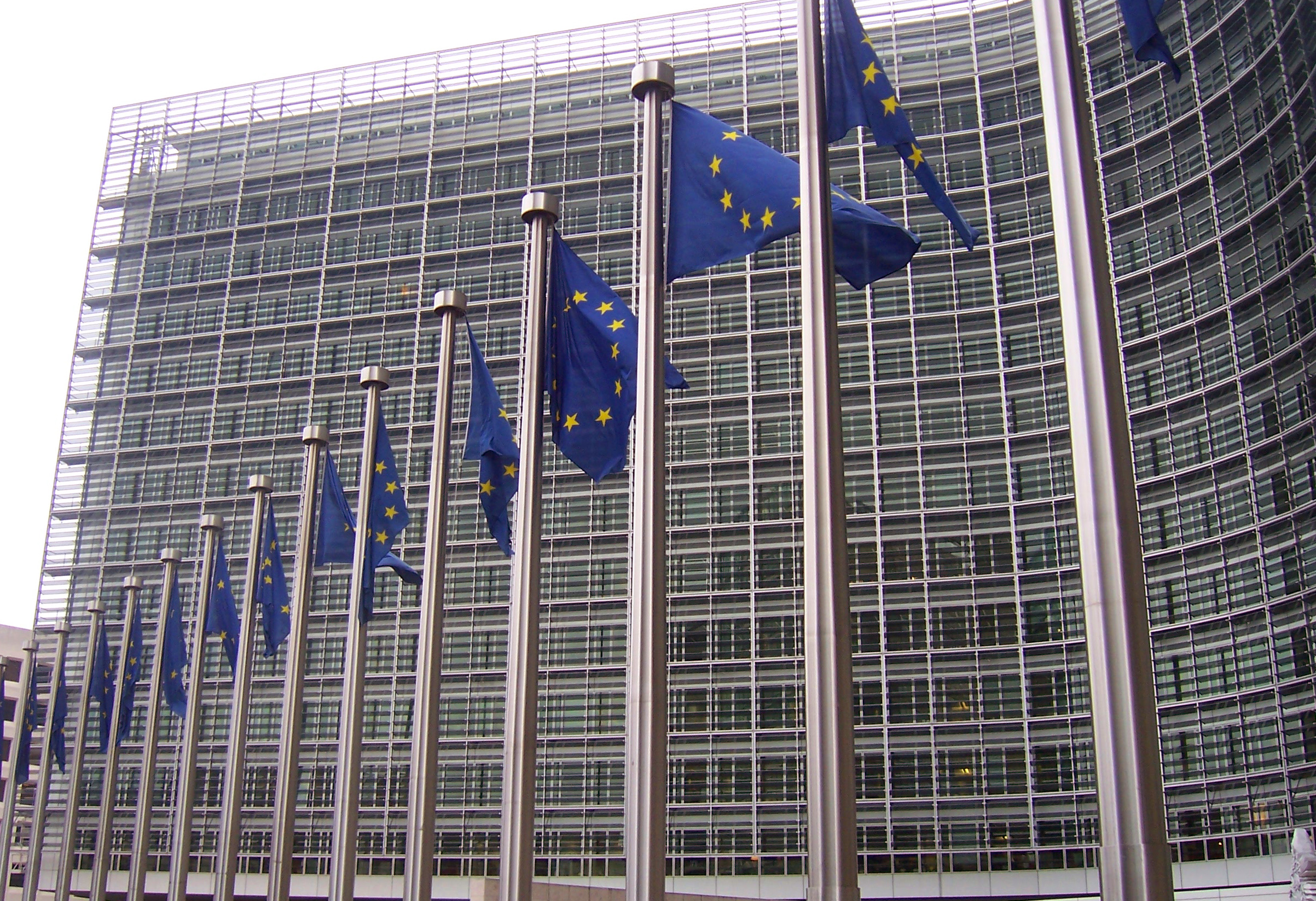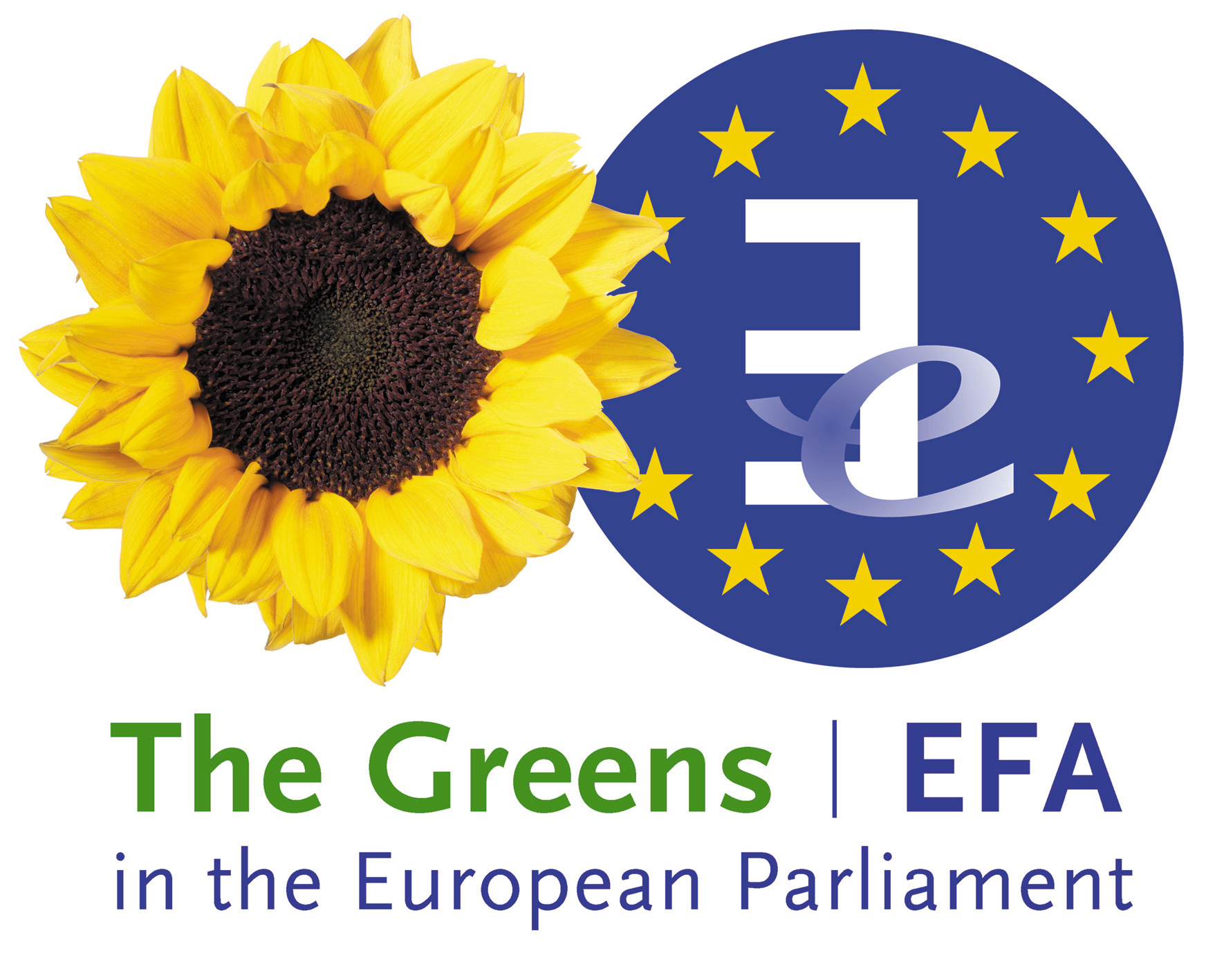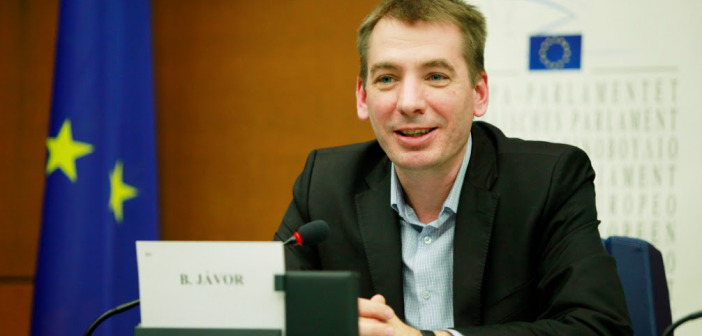Dear Commissioner Moscovici,
On behalf of the Greens / EFA group, we would like to draw your attention on patent boxes, an important mechanism identified by the Commission itself as a risk to facilitate aggressive tax planning in Europe.
Patent or innovation boxes are a type of preferential tax regime, specific to the European Union and multiplying among Member States. Currently, 12 countries grant or are preparing to grant patent boxes or equivalent schemes(1), which could facilitate tax avoidance rather than genuinely encouraging the promotion of R&D in these countries. As you know, the allocation of intellectual property rights is key for tax matters but unfortunately is not always linked to where real economic activity takes place.
In 2014 the Code of Conduct for Business Taxation Group found all existing patent boxes harmful and agreed that, in order to address this problem, these preferential regimes should be based on the OECD “modified nexus approach”. This means that there must be a direct link between the tax benefits and the underlying research and development activities.
In its June 2015 Action Plan on Corporate Taxation, the Commission committed to carefully monitor how Member States implement the modified nexus approach and whether their patent box regimes are in line with the new approach. The Commission also took the commitment that if, within 12 months, Member States are not applying this new approach consistently, it will prepare binding legislative measures on this issue(2).
As the deadline of June 2016 is now ending, we would like to ask you, as Commissioner for taxation, to provide us with the outcome of your monitoring. It has been brought to our attention that several countries are delayed in the implementation of the modified nexus approach. Furthermore, despite a general commitment in 2014 to do so, France now claims that it will not rollback its patent box scheme as mentioned in the latest ECOFIN conclusions(3).
As recently reconfirmed by the report of the TAX2 Special Committee(4), investigating the Luxleaks scandal, we urge you to come forward with a binding legislative proposal on patent and innovation boxes. As Greens, we believe that patent boxes should be gradually phased out and prohibited in the next five years. Your services, as well as the OECD or the IMF, seem to confirm that patent boxes are not the right tool to foster R&D in Europe(5). We call on you to propose this new legislative proposal under Article 116 of the Treaty as Member States have been consulted since 2013 on the matter but such consultation did not result in an agreement fully eliminating the distortion of competition created by patent box schemes.
1 The following countries are: Belgium, Cyprus, France, Hungary, Ireland, Italy, Luxembourg, Malta, the Netherlands, Portugal, Spain and the United Kingdom. 2http://ec.europa.eu/taxation_customs/resources/documents/taxation/company_tax/fairer_corporate_taxation/com_ 2015_302_en.pdf
3 Report of the Code of Conduct Group to ECOFIN, 13 June 2016, 9912/16 FISC 97 ECOFIN 558
4 http://www.europarl.europa.eu/news/en/news-room/20160621IPR33011/MEPs-call-for-tax-haven-black-list-patent- box-rules-CCCTB-and-more
5 https://ec.europa.eu/futurium/en/system/files/ged/28-taxud-study_on_rnd_tax_incentives_-_2014.pdf
Brussels, 30 June 2016
The fight against corporate tax avoidance has increased considerably in the EU over the past years and we congratulate the Commission for the leadership it has taken on this matter. Taking a bold move on patent boxes would send a strong signal to Member States that the Commission remains committed to close harmful tax regimes in Europe to ensure a fairer corporate tax system.
Yours sincerely,
Max Andersson, Sweden Margrete Auken, Denmark Pascal Durand, France
Bas Eickhout, the Netherlands, Sven Giegold, Germany
Heidi Hautala, Finland
Maria Heubuch, Germany Yannick Jadot, France
Benedek Javor, Hungary
Eva Joly, France
Philippe Lamberts, Belgium Ernest Maragall, Spain
Michel Reimon, Austria
Michèle Rivasi, France
Molly Scott Cato, United Kingdom Bart Staes, Belgium
Joseph-Maria Terricabras, Spain Ernest Urtasun, Spain









